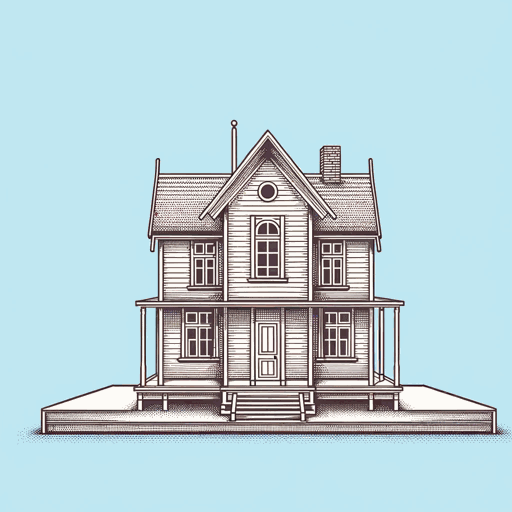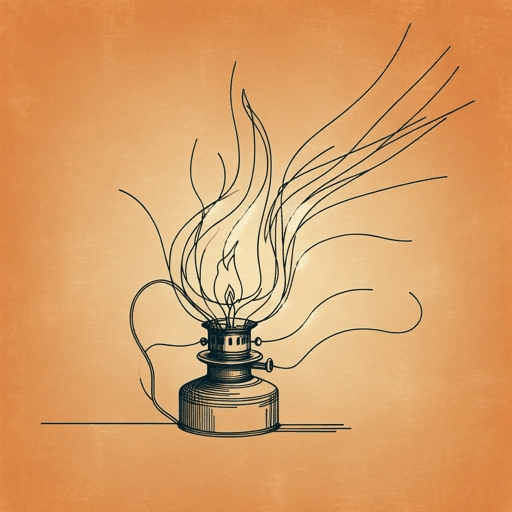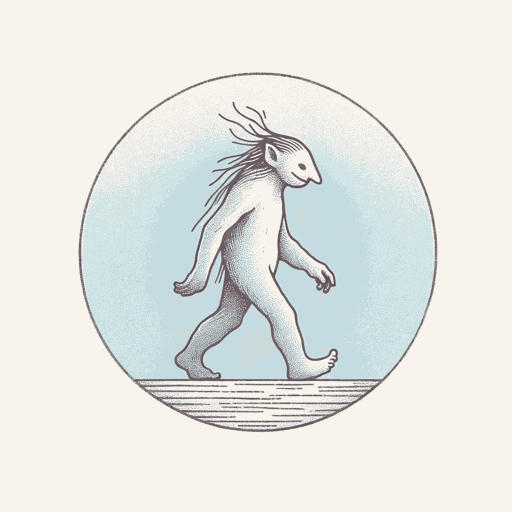41 pages • 1 hour read
Henrik IbsenAn Enemy of the People
Fiction | Play | Adult | Published in 1882A modern alternative to SparkNotes and CliffsNotes, SuperSummary offers high-quality Study Guides with detailed chapter summaries and analysis of major themes, characters, and more.
Summary and Study Guide
Overview
Introduction
Henrik Ibsen, a well-known Norwegian playwright who is often lauded as the founder of modern drama, wrote An Enemy of the People in 1882. It is an example of Ibsen’s starkly realist, late-career style. Ibsen’s works were very popular throughout his life, but often drew criticism due to their frank discussion of political and social problems in 19th-century Norwegian society. Two years prior he had released the most controversial work of his career, Ghosts, which scandalized Victorian society due to its open discussion of sexually transmitted infection within a wealthy family. An Enemy of the People was largely a response to the drama surrounding Ghosts. Ibsen saw himself reflected in Dr. Thomas Stockmann, but also presented him as a somewhat ridiculous character due to his complete lack of knowledge that revealing the truth would cause him harm. At the time of the play’s release, Ibsen stated that he was not sure whether it should be considered a drama or a comedy.
An Enemy of the People was critically well received and popular at the time of its release, although it did not reach the same level of fame as some of his other plays such as A Doll’s House and Peer Gynt. In the 20th century, some production companies avoided the play due to Thomas’s support of eugenics during his speech to the townspeople: He compares free-thinking people to well-bred poodles and the general population to street dogs, suggesting that people with “bad” genetics can never be intelligent. This viewpoint was commonplace during Ibsen’s time and was widely viewed as a legitimate scientific position. In the 1950s, Arthur Miller, who admired Ibsen, rewrote An Enemy of the People, updating the language to be more appealing to a contemporary audience and replacing the eugenicist elements within Thomas’s speech with statements that would be less inflammatory to a post–World War II audience.
This guide refers to the 1999 Dover Thrift Editions version of An Enemy of the People.
Plot Summary
The story of An Enemy of the People follows Thomas Stockmann, a medical doctor who has returned to his hometown after a long absence to become the chief medical officer for a medicinal spa, referred to as the Baths, a new facility that the townspeople hope will bring the town untold fame and economic success. However, Thomas discovers that the Baths’ water system is responsible for an outbreak of a mysterious illness that occurred the previous summer. He realizes he must tell people about the issue before more visitors get sick, and at first he finds many supporters, including the local newspaper editor Hovstad, an influential citizen named Aslaksen, and Morten Kiil, the owner of the local tannery that is responsible for the polluted water.
Thomas is confident that as soon as he reveals the truth, the Baths committee will set to work to ensure that the spa is safe. However, his brother Peter, the town’s mayor, tells him that he must keep the pollution a secret because fixing the water system will be very expensive and will require the Baths to close for two years. Thomas vows that he will not lie about the dangerous water, but Peter begins persuading the community that Thomas is a fool who wants to destroy the town’s economy. Hovstad, Aslaksen, and the others quickly turn against Thomas. No longer able to rely on the paper to spread the news, he calls for a public meeting at the home of Horster, a ship captain who is uninterested in local politics. He naïvely believes that he will find a supportive crowd, but Peter, Aslaksen, and Hovstad have convinced the public that Thomas is wrong, and the people quickly turn against him. Aslaksen, who is named chairman of the meeting, declares that Thomas is not allowed to talk about the baths, so instead the doctor begins to rant about the “pollution” in society, saying that the public is unable to think for themselves, and that the dearth of free-thinking in modern society will ultimately be its downfall. This causes a surge of anger in the crowd, and Aslaksen responds by calling a vote to declare Thomas an official “enemy of the people.”
The play ends in the Stockmann home, where Thomas and his wife Katherine discuss whether they should go to the New World on Horster’s ship. Thomas is removed as medical officer for the Baths, and their daughter Petra loses her teaching job. After a series of infuriating conversations with Peter, Hovstad, and Aslaksen, Thomas decides that he will not take the cowardly route and leave town. Instead, he will move into Horster’s house, work as a doctor for the poor, and establish a school where Petra will teach her brothers and other children how to think for themselves.








Related Titles
By Henrik Ibsen







